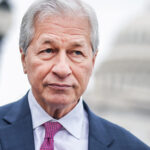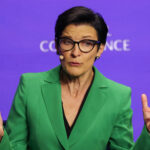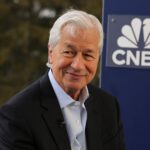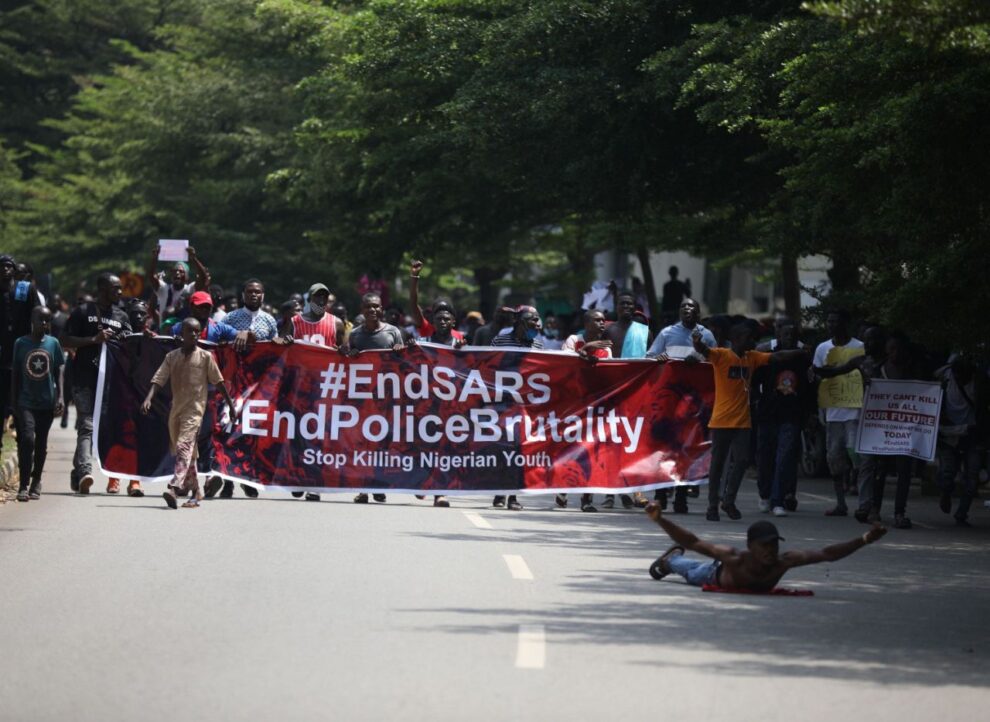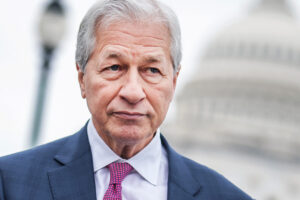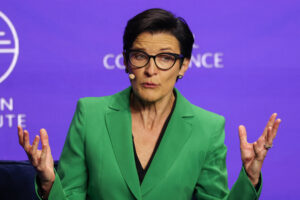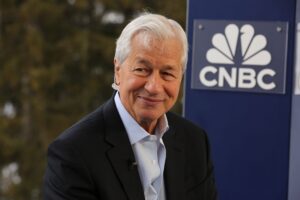
(Bloomberg) —
Hundreds of youths defied a Nigerian government lockdown and returned to the streets of Lagos, Africa’s most populous city, a day after violent clashes between the security forces and protesters.
The youths, who carried sticks and metal poles, chased cars that tried to evade barricades they’d erected along one on the Lagos’s main expressways. Several other streets were also sealed off, and the sound of sporadic gunshots echoed across the city. There was no sign of the police or army.
A Nigerian Red Cross Society official said at least two civilians were shot dead, adding to at least six other deaths in the country on Tuesday. Lagos state Governor Babajide Sanwo-Olu said 25 people were in the hospital after the incident, which he blamed on “forces beyond our direct control.” His government said it’s investigating what happened.
In a series of tweets on its Twitter page, the Nigerian Army labeled reports that soldiers had fired on protesters as fake news. Spokespeople for the army and the police didn’t immediately answer calls by Bloomberg seeking comment.
Yields on Nigeria’s 2032 dollar bonds climbed 15 basis points to 8.26% by 8:31 a.m. in London, after jumping 21 basis points on Tuesday.
While Nigeria has become accustomed to violent incidents in recent years, most have been confined to the country’s north, where President Muhammadu Buhari’s government is fighting an Islamist insurgency led by Boko Haram extremists. Large-scale deaths perpetrated by security forces in the country’s economic hub are almost unheard of.
The clashes in Lagos’s Lekki district came after Sanwo-Olu announced a 24-hour curfew to try and end disruptions in a region that’s home to more than 22 million people and houses the headquarters of Nigeria’s biggest banks and largest companies. Before Tuesday, protests that began on Oct. 5 had been largely peaceful, with the government issuing a directive to its security forces not to use violence.
The events in Lagos drew criticism from U.S. political leaders including presidential candidate Joe Biden, who urged Buhari to end the violent crackdown on protesters. Former Secretary of State Hillary Clinton echoed the call.
Key demand
The demonstrations have continued despite the government bowing to a key demand of protesters — the dissolution of a police unit accused of brutality. Thousands of mainly young people have taken to the streets of Abuja, the capital, Lagos and other towns, sealing off major roads and bridges, disrupting flights and bringing many businesses to a standstill.
Prior to the latest clashes, Amnesty International had estimated that at least 18 people had been killed in the protests, which have spread to about half of the 36 states.
The Lagos lockdown was imposed after two police stations were torched and a major expressway linking the main port city to the northern and southeastern parts of the country was sealed off. Police Inspector-General Mohammed Adamu ordered the deployment of anti-riot police to protect lives and property.
In the northwestern Kano state, eyewitnesses said at least two women were killed, a number of cars torched and several buildings vandalized after armed men attacked protesting youths. Habu Sani, the state police commissioner, confirmed that the demonstration had turned violent and five people had been hurt before calm was restored, but said no fatalities had been reported.
Social Media
Most previous uprisings in Nigeria have been quashed by the security forces. The scale of the current protests and the fact that they have been organized on social media with no clear leaders have made them difficult to quell.
Nigerian artist David Adeleke, who is known as Davido and has emerged as one of the voices of the protests, on Wednesday called for people for sign a petition for Buhari to be tried for crimes against humanity in the International Criminal Court.
The demonstrations have cost Nigeria’s economy about 700 billion naira ($1.8 billion), according to the Lagos Chamber of Commerce and Industry. The oil industry — Africa’s biggest and the mainstay of the economy — hasn’t been affected so far.
For more articles like this, please visit us at bloomberg.com
Subscribe now to stay ahead with the most trusted business news source.
©2020 Bloomberg L.P.

